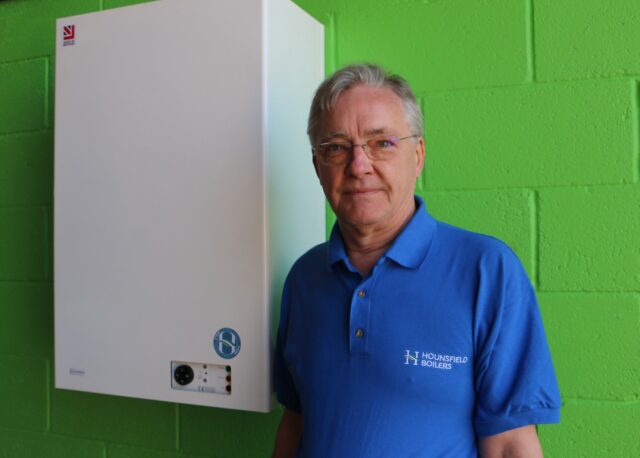The Autumn Statement has outlined the nation’s plans for tax and investment reform throughout the UK. Chancellor Jeremy Hunt has announced a new energy target for the nation in line with the pledge made at COP26 to reduce carbon emissions by 2030. Central to this target he’s declared fresh funding form the government to improve the nations’ energy efficiency through green infrastructure, setting the goal of reducing energy consumption form buildings and industry by 15% by 2030. Hunt stated predetermined plans in Parliament to invest a total of £6.6bn in energy efficiency, and today prioritising green investment pledging another £6bn from 2025, effectively doubling the budget for green initiative.
In light of this, stating that the energy crisis and rising bills is the single biggest driver of inflation and volatility in the UK, the government announced they are forming an energy efficiency task force to follow through on their green ambitions. Citing the need for clean energy, Hunt also confirmed the government will proceed with the plan for the nuclear plant called Sizewell C – with contracts signed in the coming weeks. He stated this plant will create 10,000 highly skilled jobs , and provide reliable, lowcarbon power to the equivalent of 6 million homes over the next 50 years.
Mark Sait CEO of SaveMoneyCutCarbon, comments on the need for green infrastructure:
“This is a complex challenge that will take time, a huge political will and hundreds of billions of investment. It must start with power generation and the balance between source, nuclear, gas, wind, solar. It goes without saying that the focus needs to be on more wind and solar, but maybe not in the form of large wind or solar farms but lots of smaller local generation schemes on individual buildings. You then have to solve the problem of what happens when the sun isn’t shining or the wind isn’t blowing, so we need something, probably nuclear, to fill this gap. We then need to consider that as we move to a decarbonised world we are going to burn less fossil fuels, so more things are going to be powered by electricity increasing demand dramatically.
“To build infrastructure reducing its reliance on Russian gas would be a huge undertaking and relies on us moving way from gas-powered electricity generation on the supply side of the equation, i.e. at the power station level, replacing this with nuclear, solar and wind. In parallel, we need to reduce our reliance on our use of gas for heating homes and businesses with a move towards electric heating solutions like heat pumps. If you consider it takes 5-7 years and billions of pounds to build a nuclear power station, with planning rows taking as long, and combine this with over 85% of UK households using natural gas, the transformation is a huge task.”




